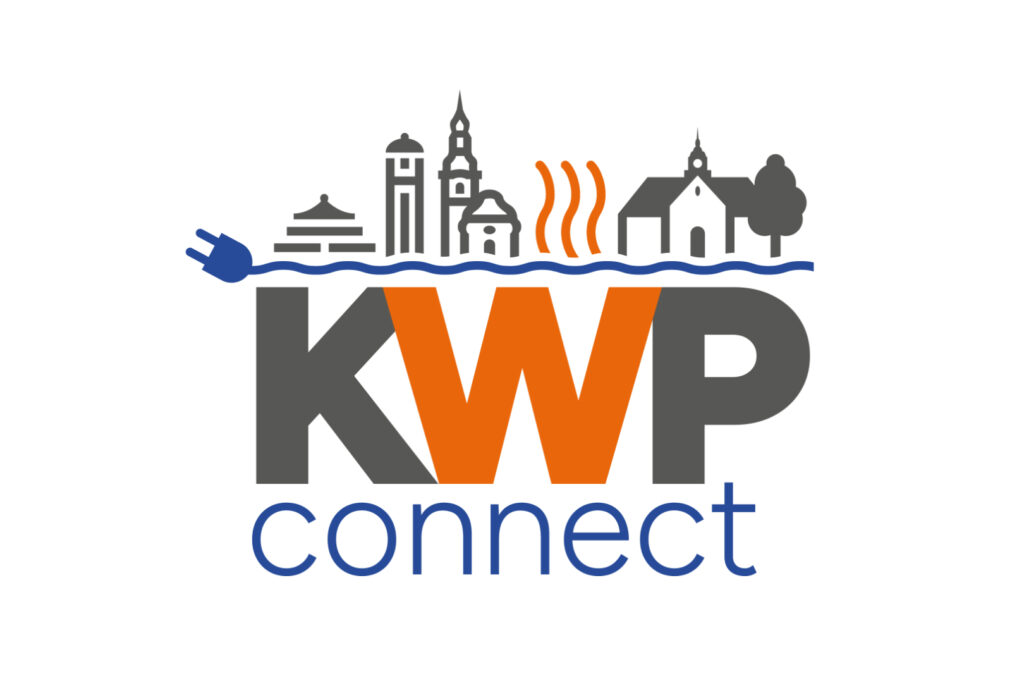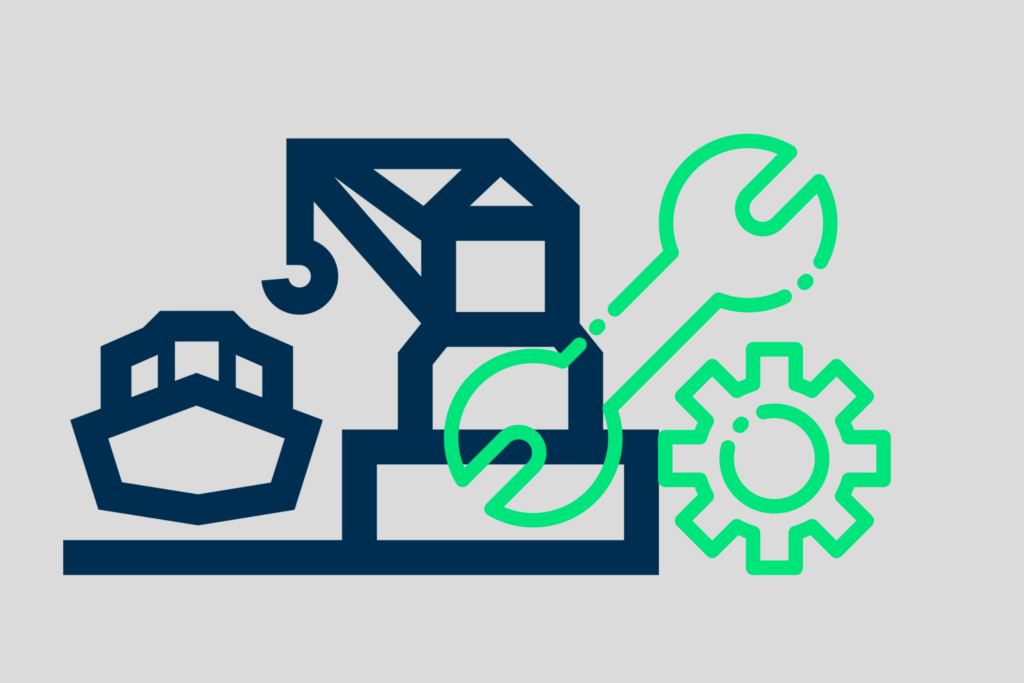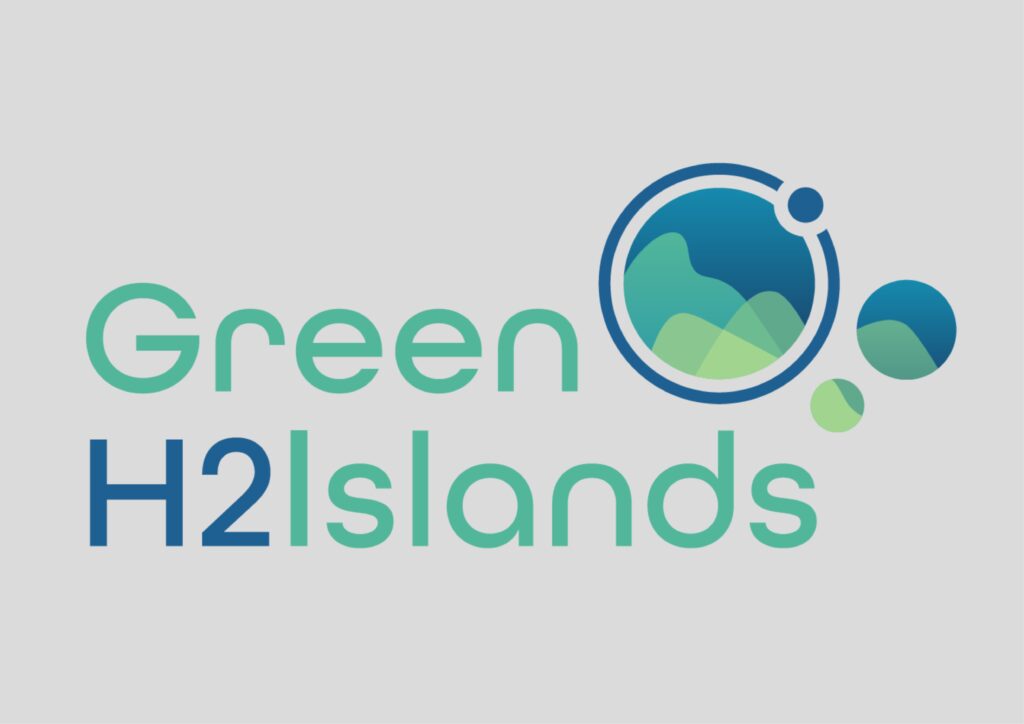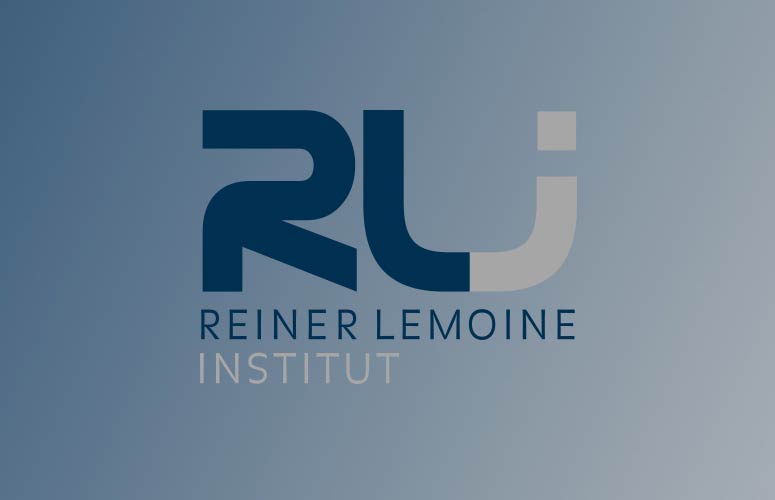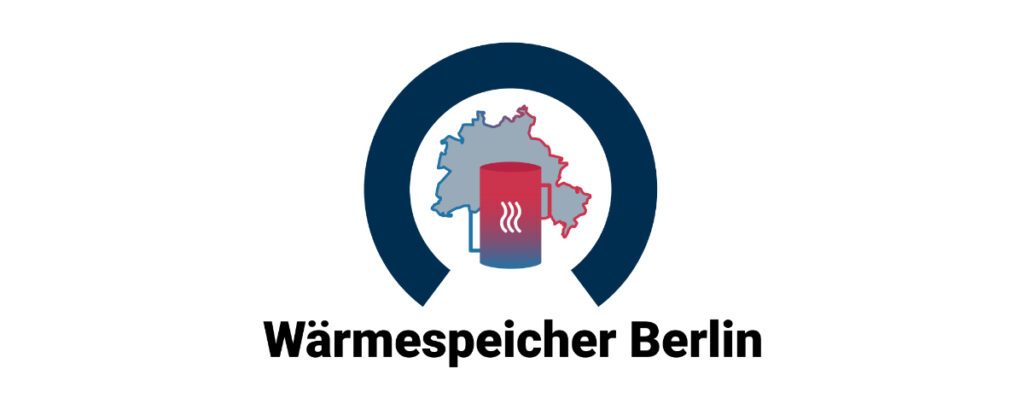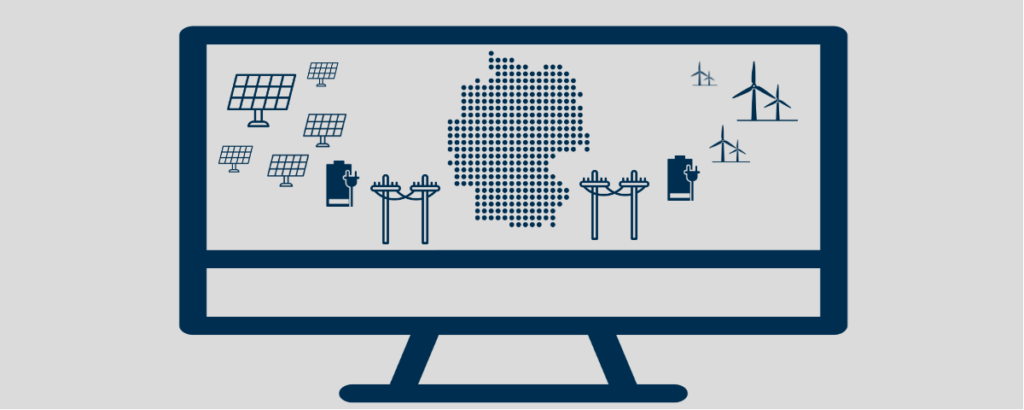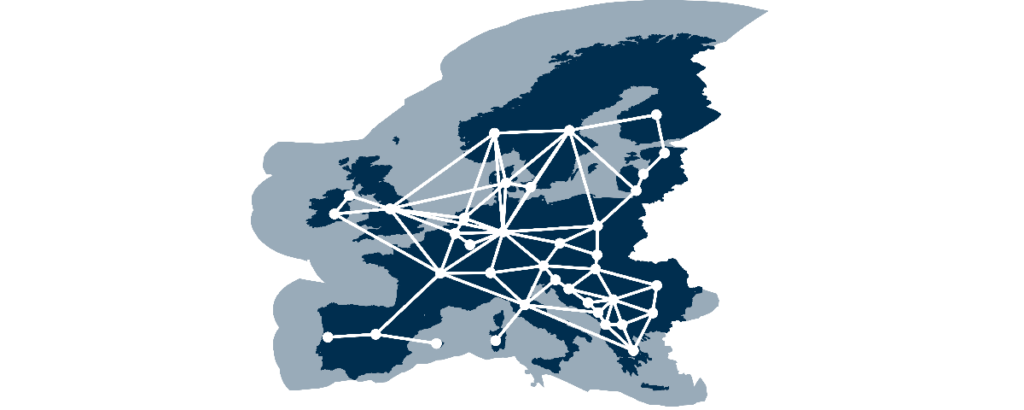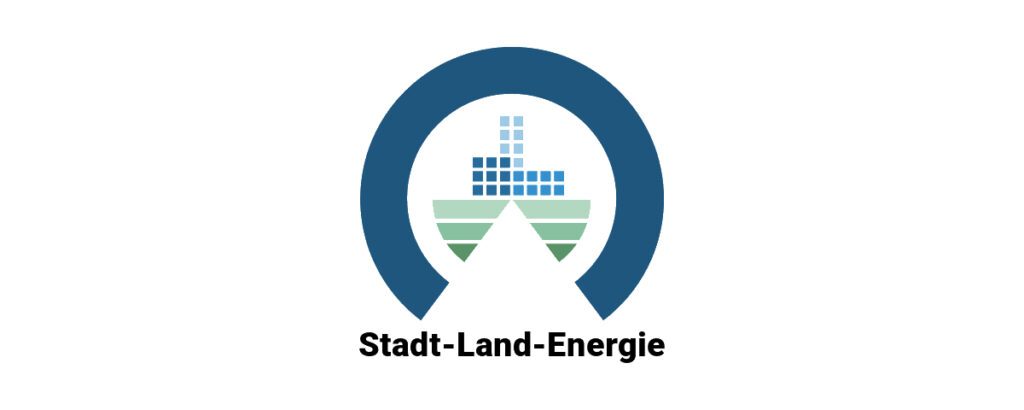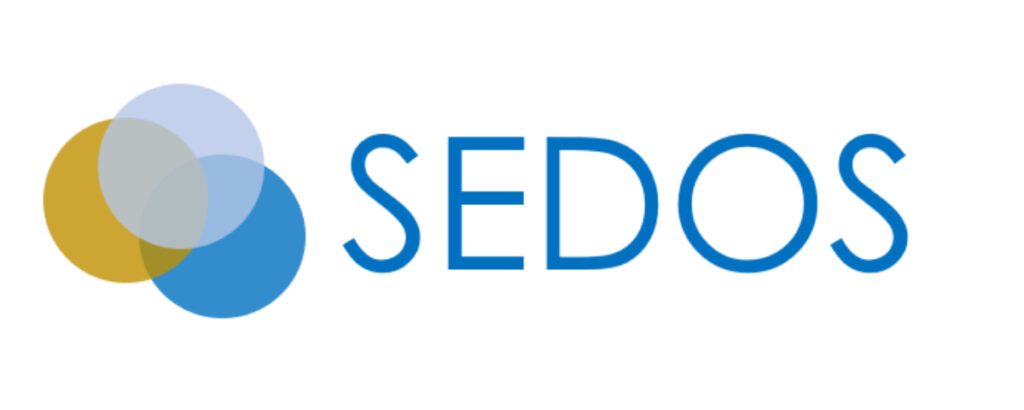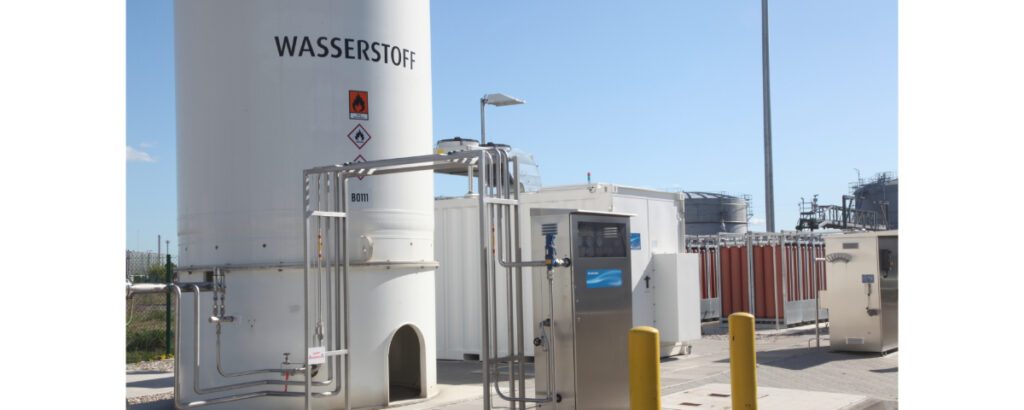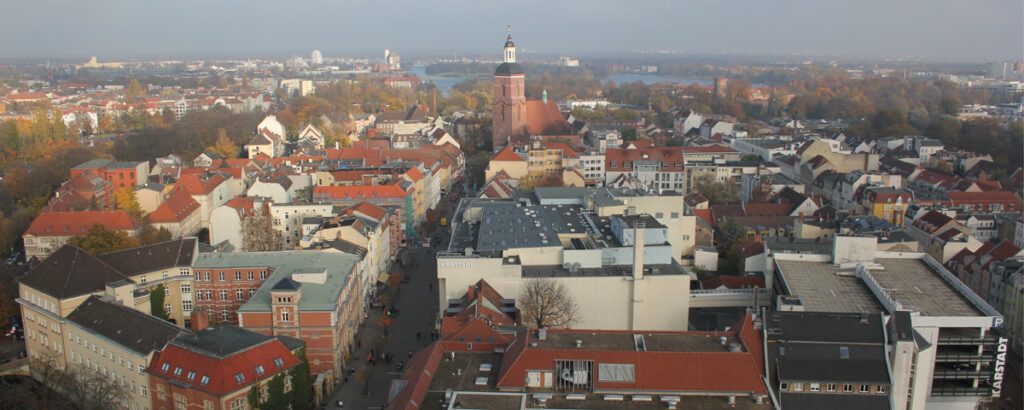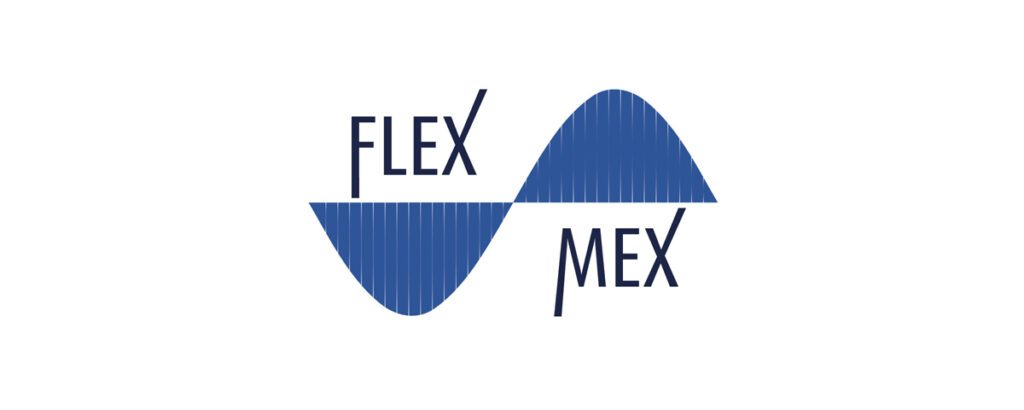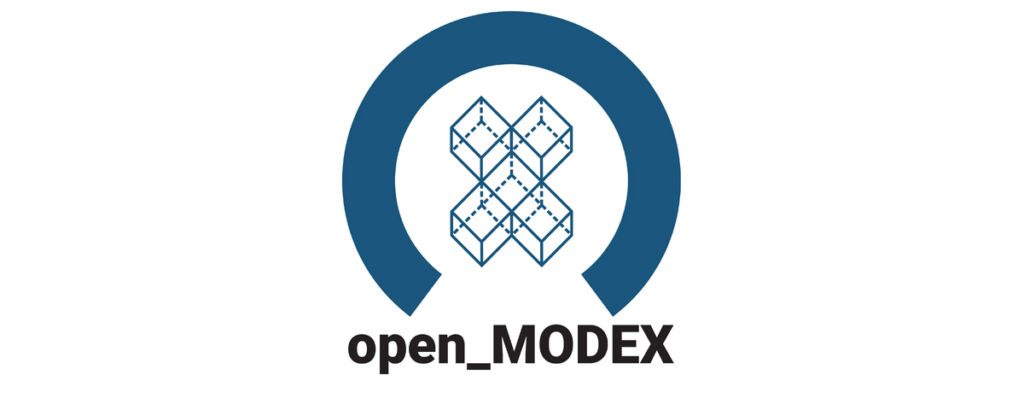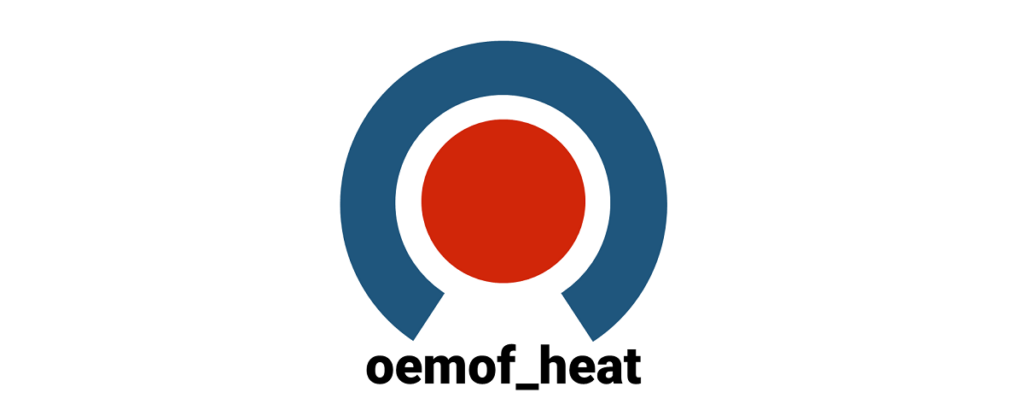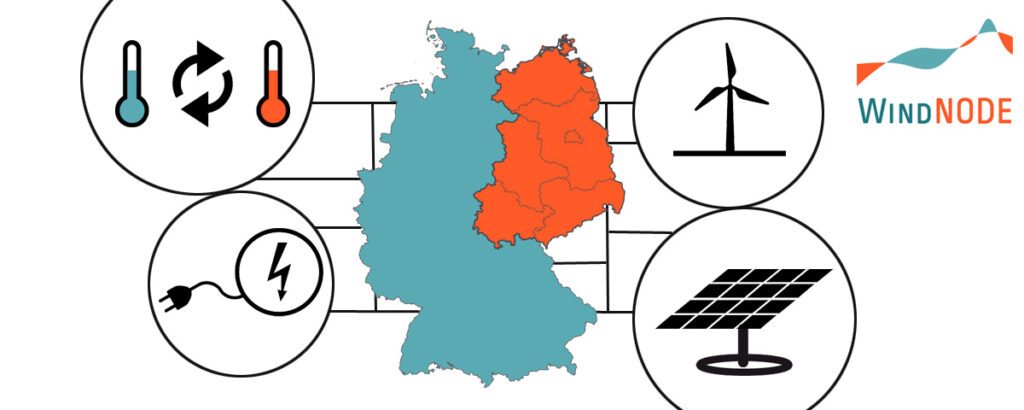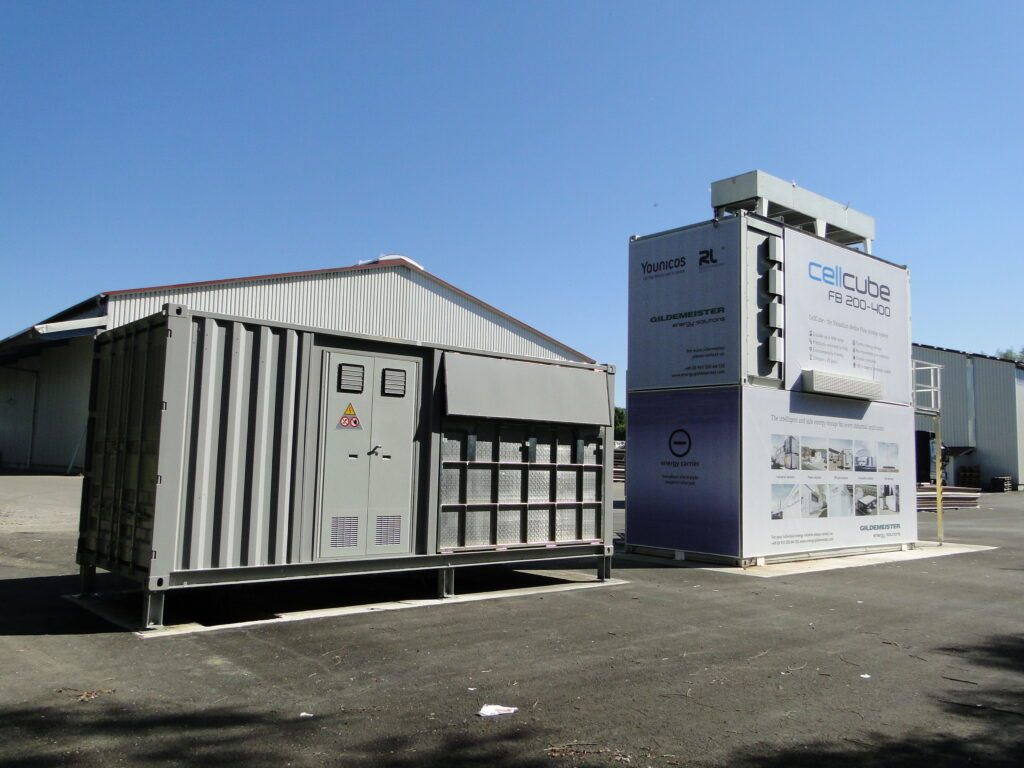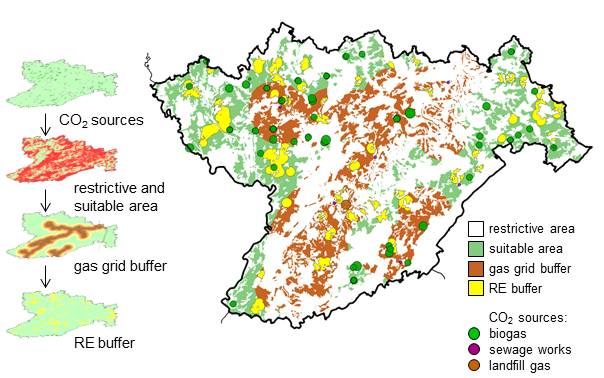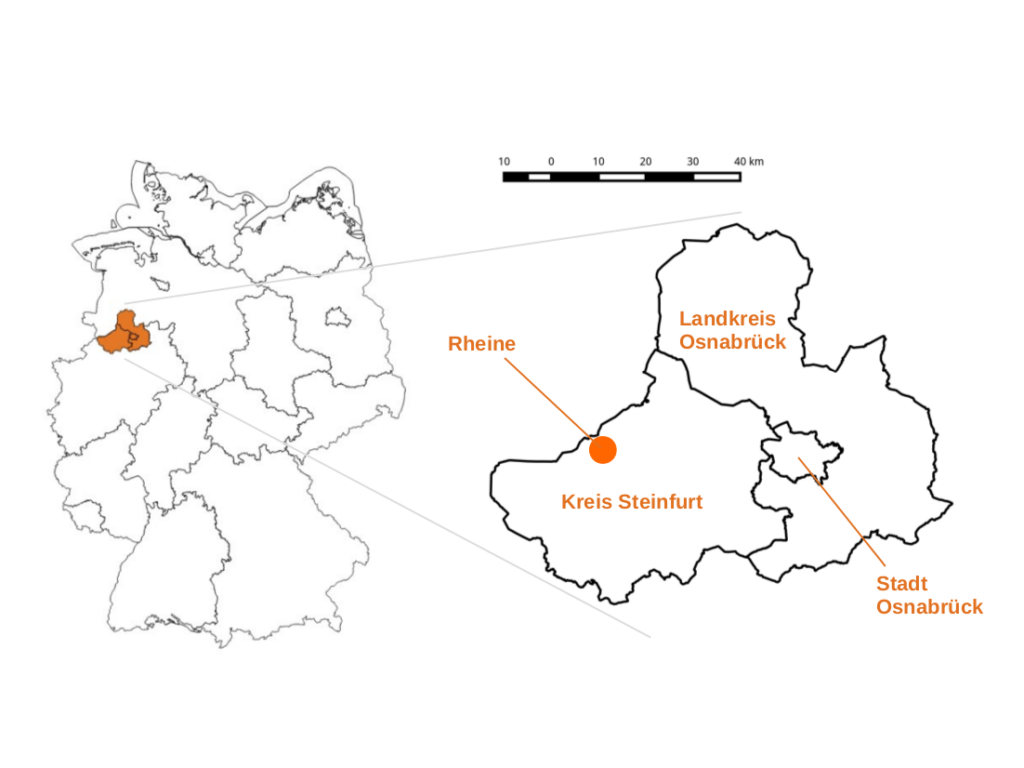
Energy System Analysis and Sector Coupling
Within this research focus, we investigate the efficient integration of large quantities of renewable energy into a cross-energy system consisting of electricity, heat, and mobility sectors as well as flexibility options at all levels.
In concrete terms, we model energy systems using our own open-source software and simulate what effects changes would have on the energy system. We also optimize, for example, the use of storage and the various technologies for scenarios with a high proportion of renewable energy within the power mix for the modeled energy systems. The scenarios developed in this way provide information about possibilities and challenges in the technical implementation of the energy system transformation.
Contact
Tools
Windpowerlib
The tool assists in generating feed-in time series for individual wind turbines and wind farms based on weather data, which is essential for energy system modeling.
SMOOTH-MOEA
The was developed by RLI scientists to model and optimize energy systems.
oemof-B3
The tool is an energy system model for the regions of Berlin and Brandenburg and comprises the sectors electricity, centralized and decentralized heat, hydrogen, CO2 and methane.
eGon-data
The tool generates a temporally and spatially high-resolution data basis of a sector-coupled energy system for various future scenarios.
eGo
The tool aims to optimize the expansion of power grids and storage systems across all voltage levels in Germany, considering the integration of the heat, mobility, and gas sectors.
eDisGo
The tool eDisGo helps to study the need for grid expansion in medium- and low-voltage networks and to evaluate electrical flexibilities as an alternative to grid expansion
Example projects
oemof



